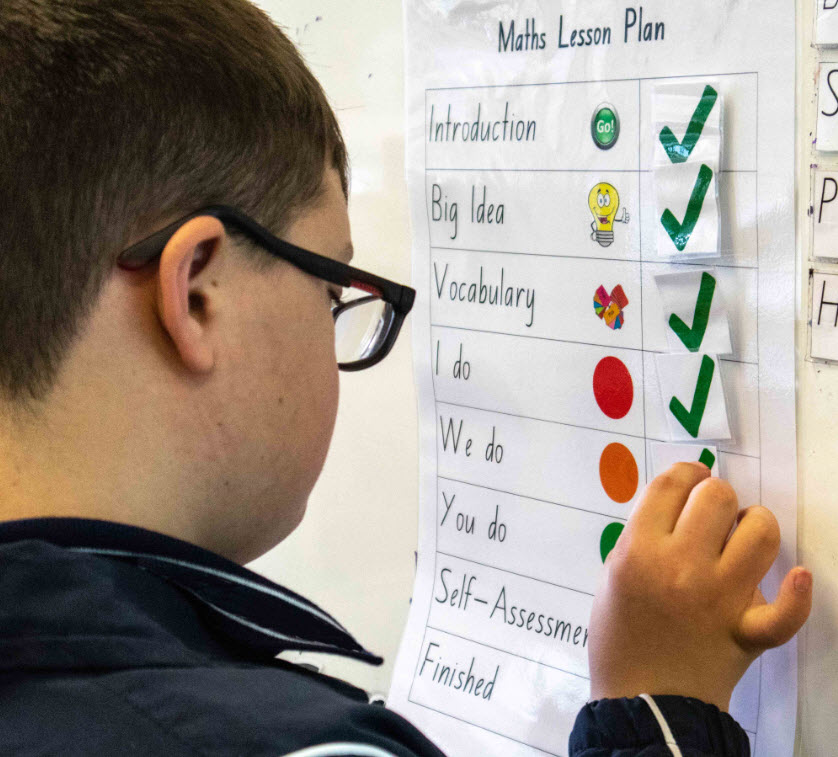
Step 1: Is there an adjustment?
Determine which students are receiving adjustments to access education because of disability, consistent with definitions and obligations under the Disability Discrimination Act 1992 (DDA) and Disability Standards for Education 2005 (the Standards).
Definition of adjustment
Adjustments are actions taken to enable a student with disability to access and participate in education on the same basis as other students. Adjustments reflect the assessed individual needs of the student. They can be made at the whole-school level, in the classroom and at an individual student level.
Under the DDA and the Standards, all Australian schools are obliged to ensure that students with disability are able to access and participate in education on the same basis as students without disability. This includes providing reasonable adjustments where needed, in consultation with the student and/or their parents, guardians and carers.
Providing adjustments
In providing an adjustment, schools assess the functional impact of the student's disability in relation to education. This includes the impact on communication, mobility, curriculum access, personal care and social participation. Other areas that might be considered for some students are safety, motor development, emotional wellbeing, sensory needs and transitions.
Adjustments can be made across any or all of the following:
- planning
- teaching and learning
- curriculum
- assessment
- reporting
- extracurricular activities
- environment and infrastructure
- resources.
Adjustments may involve a combination of:
- addressing physical barriers, including modifications, to ensure access to buildings, facilities and services
- modifying programs and adapting curriculum delivery and assessment strategies
- providing ongoing consultancy support or professional learning and training for staff
- specialised technology or computer software or equipment
- provision of study notes or research materials in different formats
- services such as sign language interpreters, visiting school teams or specialist support staff
- additional personnel such as tutors or aides for personal care or mobility assistance.
Quality teaching practice is responsive to the individual needs of all students. Some students with disability may not need educational adjustments beyond those that are reasonably expected as part of quality teaching or school practices to address disability-related needs.
Professional learning
Professional learning about the DDA and the Standards will support teachers and school staff in making adjustments.
Related resource
Strategies to support decision-making This link will open in a new window
- mail Email
-
BookmarkThis bookmark has been added to your bookmarks.Did you know you can organise your bookmarks into separate lists when you are signed in? Sign in or register